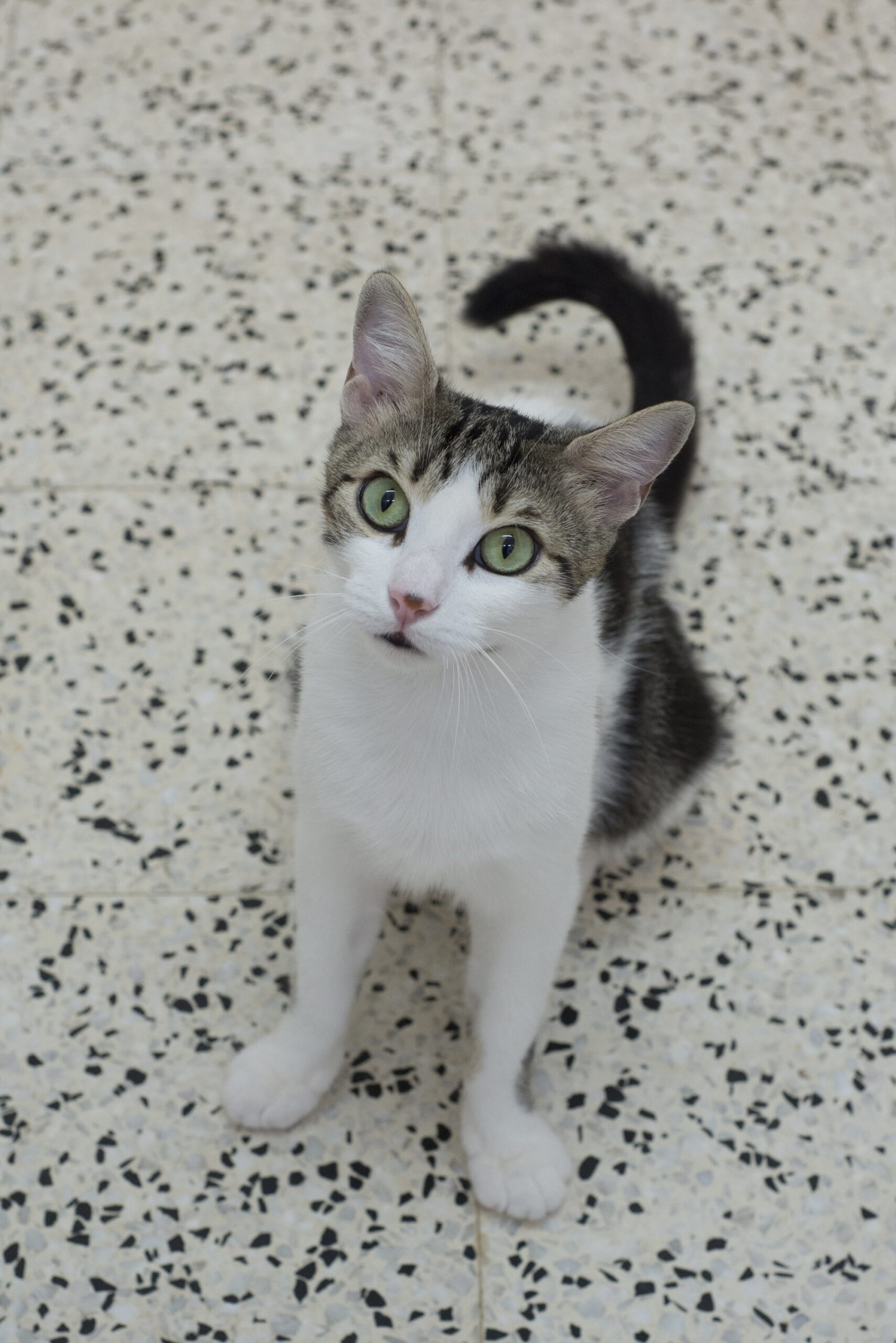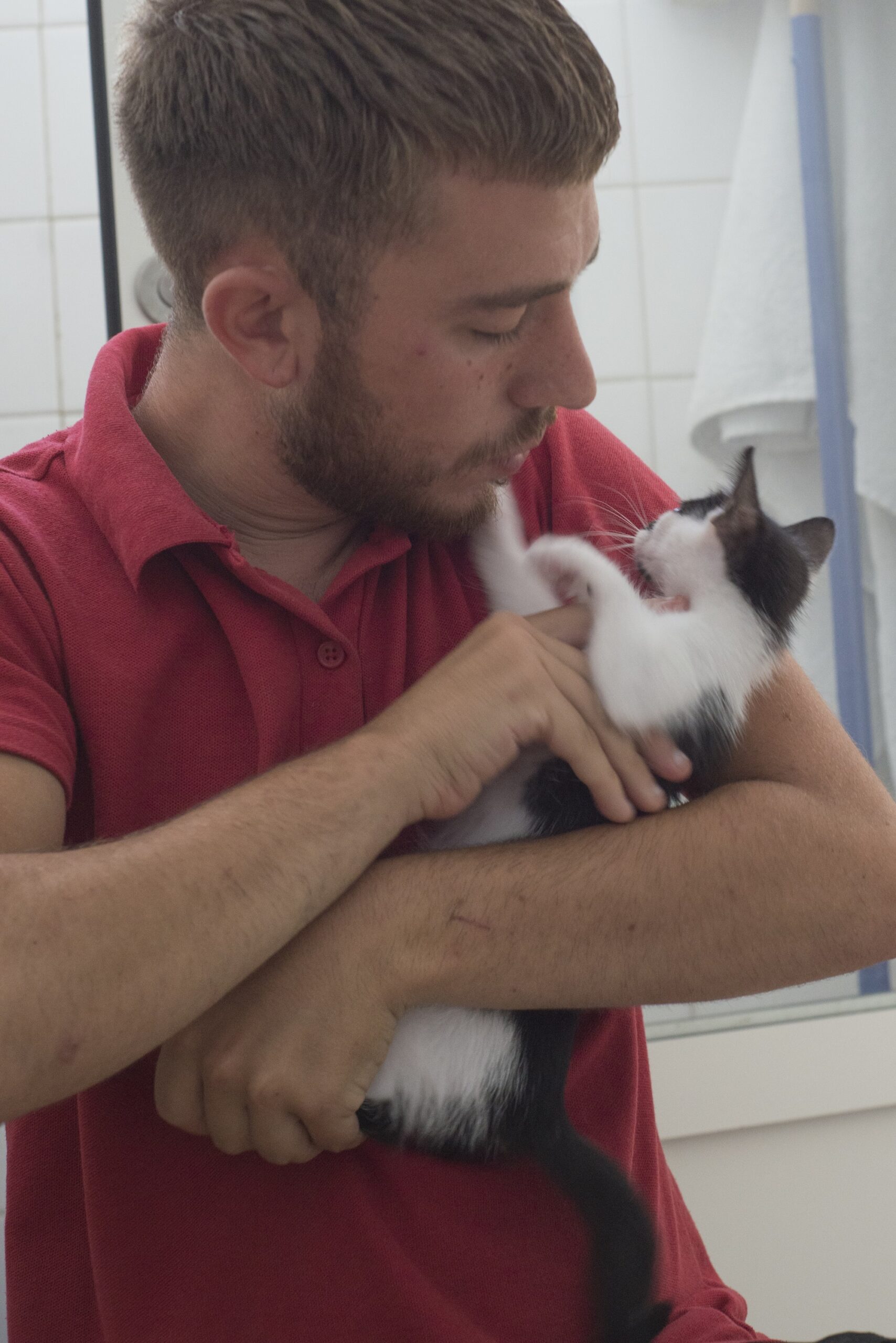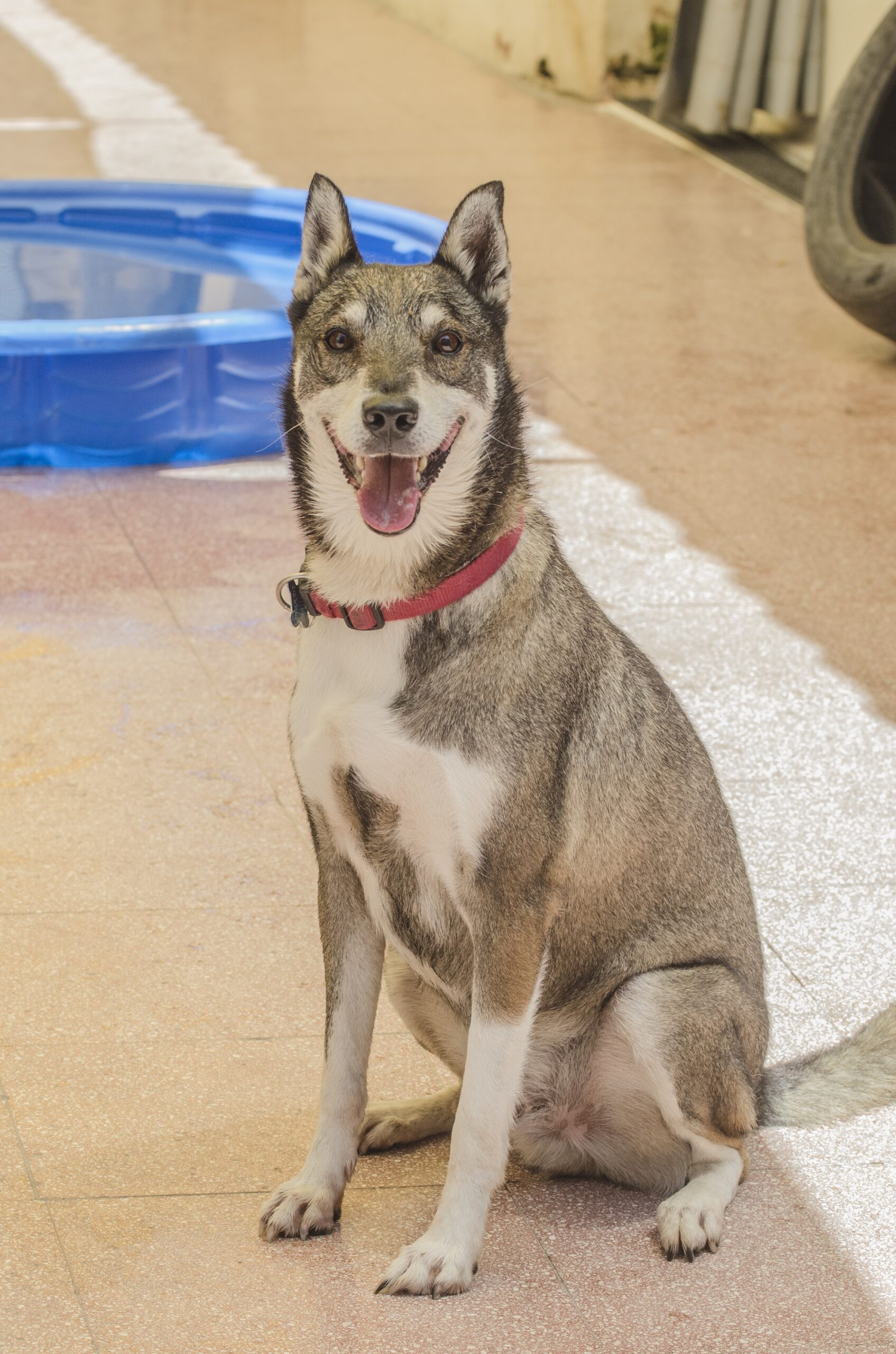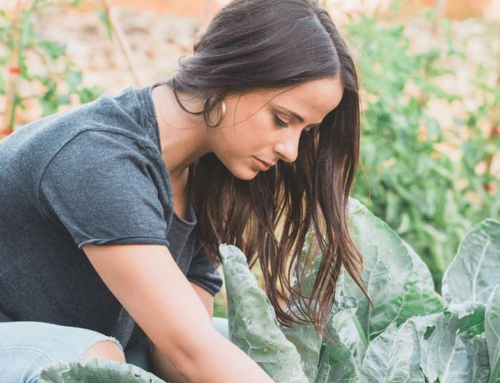
Who knew that simply petting an animal reduces stress hormones? Barbara Cassar Torregiani, the president of the Malta Society for the Protection and Care of Animals, answers our ten questions about caring for animals and the positive benefits of owning pets on our well-being. She also shares cute pet stories and tells us how having a pet can benefit us – especially in these isolated times.
Hi Barbara! Can you tell us what the Malta Society for the Protection and Care of Animals does exactly?
MSPCA’s priority consists of two things: maintaining healthy animals and creating an effective rehoming procedure that focuses on the welfare of animals.
This year we have successfully rehomed 90 animals. We rehome animals in a healthy manner, considering the animal’s and future owners’ physical and psychological well-being. The adoption process is quite lengthy in order to ensure that we have created the right match and that the adoption is a successful one.
We always ensure that each animal has sufficient space. Not only does it make disease prevention easier, it also reduces the occurrence of kennel stress which can have an adverse effect on animals’ immunity response. It helps the staff focus on each individual animal, allowing us to identify and treat any problems that may arise in a particular animal.
We have also published a number of articles which mainly focus on spreading awareness, education and lobbying for animal rights. Before Covid-19 hit the island, we were educating our younger generations in schools.
We must ask you the most common question: cats or dogs, or cats and dogs?
We love them both equally! Historically, the Maltese referred to the SPCA as ‘The Dogs’ Home’, so cats weren’t really catered for. I didn’t have the heart to turn them away and felt that they should have equal rights. It’s not easy in our small home to cater for both cats and dogs, but we have found a way since our homing procedures have changed. It’s also a good way to find out whether there are problems with them being adopted to the same household. We couldn’t possibly choose between the two!
You obviously have a special place in your heart for animals. What made you want to help out animals in the first place?
Animals have always been part of my life and always will be. It was only when I was asked to help with the SPCA that I realised what a poor deal they had here in Malta… Now I’m volunteering twenty years later, and there’s still so much to do!
When was the MSPCA founded and how did it grow into the organisation that it is today?
MSPCA started its life in Malta in 1876 as an extension of the UK RSPCA, when it was given premises in Floriana that are still used today. The mentality in those days regarding stray animals was one of mostly disdain. They were not welcome, not cared for and ultimately suffered in the streets. The government gave around 10 cents per animal for their upkeep and five cents per animal for their euthanasia if they were not rehomed fast enough.
In 2004, the organisation realised that the funds from the government were not enough to run the home in an efficient and humane way. This brought about the decision to become an independent NGO funded by charitable donations, making euthanasia a thing of the past.
Since 2016 MSPCA decided to focus more on the animal’s quality of life by reducing the number of intakes and thus increasing the amount of turnover of animals to appropriate new homes. This in effect saw an improvement of the animals’ health and an increase in successful rehoming.
The MSPCA has undergone a long history of restructuring and adapting to current times. We moved from being a merely functional entity to one that has tried very hard to educate society and create a safe place for our animals to thrive. Today the MSPCA homes a lot fewer animals than it did in its initial phases, as it has adopted a more animal-centred approach.
What do you love most about your job?
I don’t think there is any feeling that can compare with the satisfaction of seeing any animal loved, secured and taken care of correctly – especially if they’ve had a bad experience of life so far.
The Society is currently working on the wellness campaign which emphasises the positive effects pets have on our mental health and well-being. Can you share some of those benefits with us?
Throughout the years, our volunteers have found their work and interaction with our animals in the shelter satisfying. It can act as a refuge for people to get away from the complexities and hostility of society. Animals are skilled at giving unconditional positive regard for their carers, as they do not criticise or judge but purely accept each individual as they are.
A lot of these basic conditions play a vital role in creating a healthy society, so we wish to emphasise the subject of well-being and mental health as part of our awareness campaign.
A few evident benefits animals have on our health are the following:
- They reduce our stress hormones.
- Interaction with animals can protect against childhood anxiety.
- They can give us a purpose and make us feel needed.
- They can increase our sense of self-esteem.
- They can emphasise living in the moment and appreciating what is present without looking into our past or future, which can bring about feelings of anxiety and depression.
- They can foster the maintenance of relationship skills.
- They encourage us to foster our social connections with people; social networks do in fact create a buffer against stress affecting our immune system.
- Animals demonstrate and provide a good source of unconditional love and positive regard.
During the Covid-19 pandemic many people were isolated alone or with their pets. How does having a pet make a difference in these strange times?
Taking the previous points into consideration, interacting with an animal in these unsettling conditions can in fact provide a good buffer against current anxieties. In fact, the MSPCA saw a slight temporary reduction in people who call to surrender their pet. The simple act of stroking, grooming or walking an animal actually has a neurological effect on reducing stress hormones.
These reduced stress hormones have a positive impact on our general habits and outlook on life. In these times our self-confidence can plummet, and we can be disconnected from our social network. Owning a pet or volunteering for a shelter can be a good buffer against negative feelings and help to maintain our connection with the world.
Focusing on the present whilst interacting with a pet and laughing at their cuteness can keep us focused on the present and prevent us from getting lost and distracted in our past and unsettling future thoughts.
Keeping those benefits in mind, adopting a pet is almost irresistible. But it remains important to remember that caring for a pet lasts longer than lockdown. How would you encourage people to approach this dilemma?
The MSPCA wants to make society aware of the important connection between humans and animals. However, their primary responsibility is towards the right of the animal.
It is unfortunately a fact that a large part of the human race has proved to be quite a selfish one. When we are faced with the issue of letting go of one of our animals, a proper lengthy assessment and follow up of the adopter must be implemented. As far as advice for adopters, we cannot stress the importance of adjusting owners’ expectations, so they do not become disappointed or overwhelmed.
What is the most special story of a puppy or kitten that was rescued by the MSPCA?
There have been so many special stories over the years. Kiki always comes to mind because she was with us for so long. I will never know why she was overlooked all those years. She became the nanny to so many, helping them settle in and then seeing them leave, how unfair! The bright side is that, out of the blue, one of our long-term members saw her in our magazine and fell in love! She’s aged now but I will always be grateful for that ending.
Another sweetheart, Lejla, had many issues. She wouldn’t budge from her kennel where she would always face the wall. We had a wonderful volunteer at the time who took her under his wing, and she did very slowly come round. I will never forget the day when our behaviourist, Chris, took her to her new home. We were told Lejla was afraid of water, and her new home had a pool. But Lejla took one look and launched herself into the water! Chris said her face was just priceless. She was so happy; she had found a home again… We all had tears in our eyes.
Finally, what would you say to people thinking about adopting a pet?
We encourage individuals to consider this decision with great responsibility. Most of these animals have been let down in the past and it is important not to put them through the same trauma again. One must assess their situation well, as although caring for an animal does come with endless benefits, it is an important responsibility and expense.
Please respect their place in the world. They are not just here for us and it is our duty to ensure that their needs are being met – not just as an NGO, but as a society.
If you are considering adopting a pet, please ask yourself the following questions:
- Am I considering relocating to another country? If so, will it be possible to take my pet? Now with Covid this may be harder than before.
- What kind of stressors and dangers are present in my home and will these impact the general well-being of my pet?
- Am I ready for this kind of commitment?
- Do I have any allergies?
- Can I afford the expenses of the food and vet bills?
- Am I ready to keep up dog walks on a daily basis?
- Is my home stable enough to allow the introduction of what will and should essentially be considered, another family member?
Are you interested in supporting or volunteering at MSPCA? Or are you ready to adopt a pet? Check out their website www.maltaspca.org






